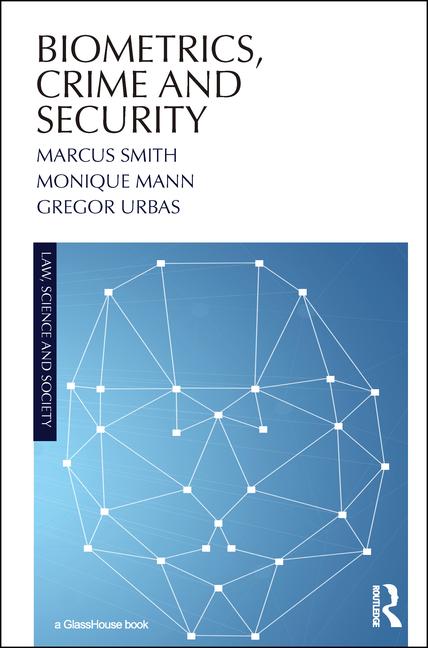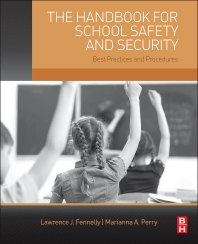Biometrics has been a double-edged sword for the security industry for as long as it has been around. On the one hand it is the Holy Grail of convenience and — when done right — assurance of identification. But for many years it was also expensive and difficult to implement widely. With the advent of video, AI and smart phones, biometrics, particularly facial recognition, is easier and more affordable than ever before.
But … privacy issues have now become a big concern. Many states and municipalities have implemented restrictions if not outright bans on facial recognition in recent years. However, there have been a few recent developments that show some — albeit limited —forward motion.
In New York, the state department of education commissioner, Betty A. Rosa, recently issued a determination that lifted the nearly three-year ban on the use of biometric technologies in public and private K-12 schools that took effect in December 2020.
The Security Industry Association (SIA) and other industry partners worked closely with the state legislators and governor for the past three years regarding the need for a more targeted and less harmful policy that would allow the beneficial applications of biometric technologies to be implemented in the K-12 environment, especially for safety and security. This new determination lifts the blanket ban and leaves it up to the individual schools and districts to determine the appropriate uses of biometric technologies.
The caveat is that facial recognition technology is still prohibited in this scenario.
SIA is fighting a similar battle in Illinois, recently filing an amicus brief in the Facebook/Meta case, in support of a U.S. District Court ruling that rejects an incorrect interpretation of requirements under the Illinois Biometric Information Privacy Act (BIPA) of 2008 in a case under consideration by the Ninth Circuit Court of Appeals.
In a recent blog, SIA’s Jake Parker, senior director of government relations, wrote, “While the plaintiff’s claims in Zellmer v. Meta Platforms involve a discontinued Facebook feature called Tag Suggestions, if upheld they would have much wider implications. Implementing BIPA-compliant security-related applications of biometric technologies, already difficult in Illinois, could become impossible. Particularly impacted would be access control systems, which must distinguish between authorized users that are enrolled versus non-users.”
On the federal front, the Department of Homeland Security recently unveiled new rules governing the adoption and use of AI that also touched on facial recognition that at least keeps the door open on the use of facial recognition.
The new guidelines call for the use of all facial recognition and face capture technologies to be “thoroughly tested to ensure there is no unintended bias.”
Clearly the battle is ongoing, but the benefits of biometrics — including facial recognition — will hopefully be worth fighting for.









